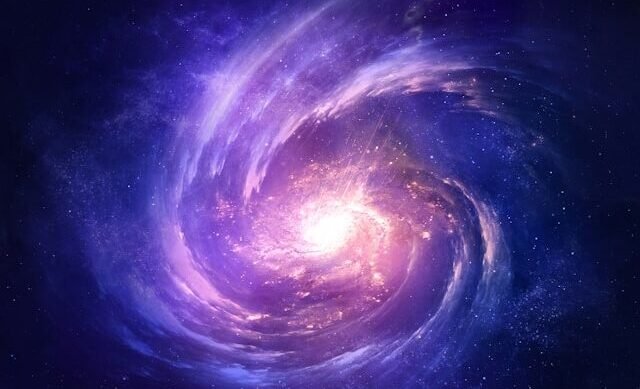Richard Lieu proposes a groundbreaking alternative to the Big Bang theory, explaining the universe’s creation through a series of rapid bursts, not one colossal explosion
In a controversial new theory that challenges the widely accepted Big Bang theory, Richard Lieu, a scientist from the University of Alabama in Huntsville, suggests that the universe did not begin with a single explosive event. Instead, Lieu proposes a series of rapid-fire bursts or “temporal singularities” that generated the cosmos.
The traditional Big Bang theory posits that the universe originated from a single explosive event roughly 13.8 billion years ago. This model has been the dominant explanation for the creation of the universe and its subsequent expansion. However, Lieu’s groundbreaking theory suggests that the universe came into being through a series of these bursts, each releasing new matter and energy into space.
Lieu argues that his new model could resolve some of the biggest mysteries in cosmology, including the questions surrounding the expansion of the universe and the formation of galaxies, without relying on concepts like dark energy and dark matter—ideas that have remained elusive and unproven.
“The new model can account for both structure formation and stability, and the key observational properties of the expansion of the universe at large,” Lieu explains. His theory posits that the temporal singularities created the universe in a way that eliminates the need for dark matter and dark energy. These singularities, according to Lieu, can uniformly affect all of space and replace the invisible forces that have puzzled cosmologists for years.
Lieu’s theory builds upon work he began in 2024, which explored alternative explanations to the standard Big Bang model. The theory challenges the notion that dark matter holds the cosmos together and that dark energy drives its expansion. Instead, Lieu’s model focuses on the idea that density singularities are responsible for the universe’s evolution.
The most revolutionary aspect of Lieu’s theory is that these bursts—the singularities—occur rarely and at incredibly fast speeds, making them undetectable by current astrophysical methods. This could explain why dark matter and dark energy have never been directly observed, as their effects may be the result of phenomena too fleeting and elusive to capture with existing technology.
“These singularities are unobservable because they occur rarely in time and are unresolvedly fast,” Lieu says. “That could be the reason why dark matter and dark energy have not been found.” He believes his theory presents a way to bypass the need for dark matter and dark energy in explaining the cosmos, offering a simpler and more elegant solution to the universe’s origin.
Embed from Getty ImagesLieu’s alternative theory could potentially reshape how scientists understand the universe’s birth. While the Big Bang theory has provided the basis for much of modern cosmology, Lieu’s proposal could open new avenues for research into the nature of the cosmos. His theory is still in its early stages, and further testing and exploration will be necessary to determine its viability.
In contrast to the religious debates that often accompany discussions of the universe’s origins, Lieu’s scientific theory moves away from the idea of a single, catastrophic event and instead focuses on a series of rapid occurrences that shaped the cosmos. His approach could offer a revolutionary new framework for understanding cosmic evolution without relying on concepts that remain mysterious and largely unproven.
With this groundbreaking theory, Lieu has opened the door to a new era of cosmological thought, one that challenges the very foundations of how we understand the universe’s creation. Whether or not this theory will gain mainstream acceptance remains to be seen, but its implications for cosmology are immense.
